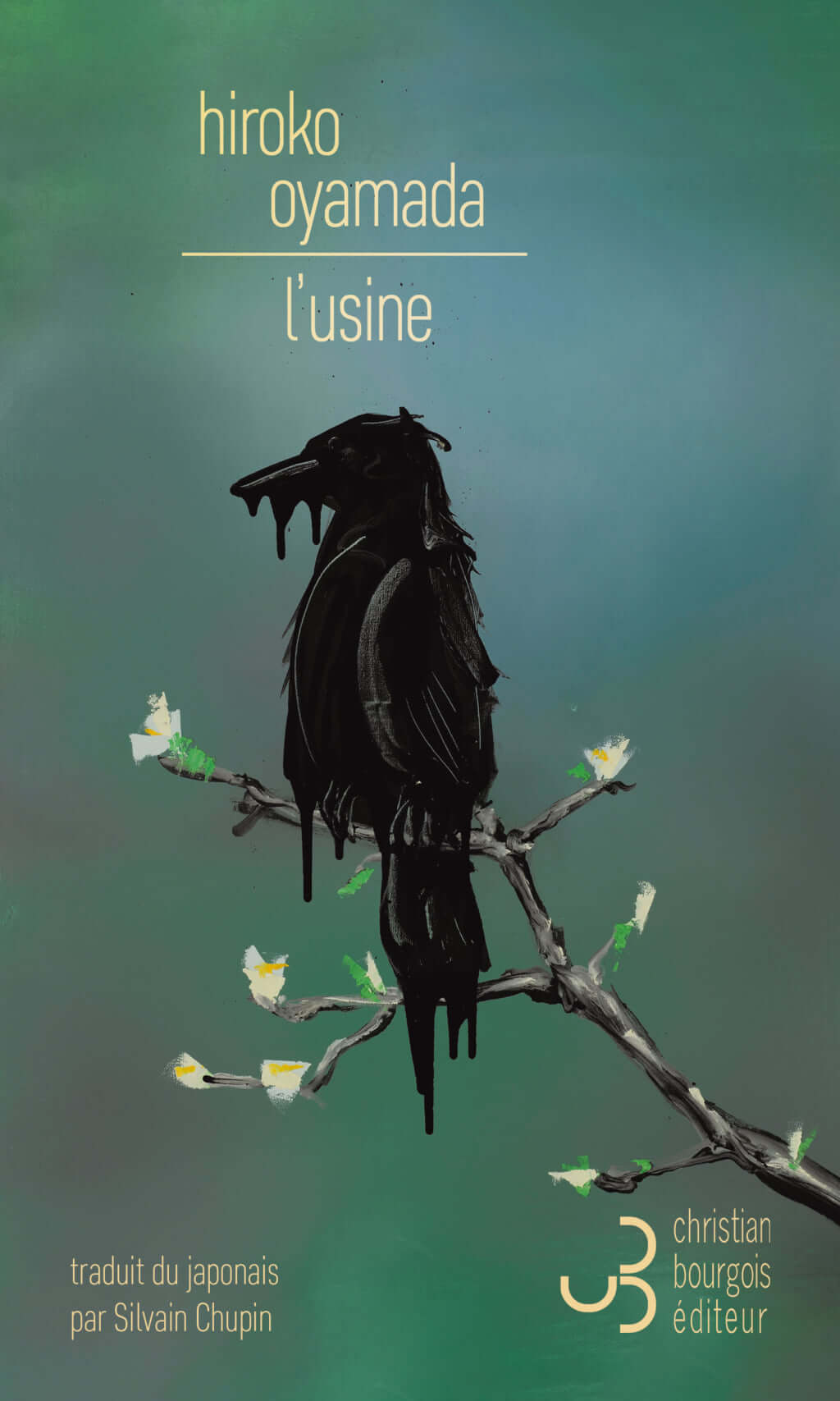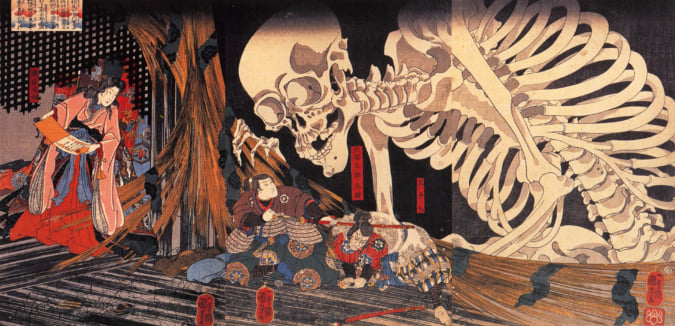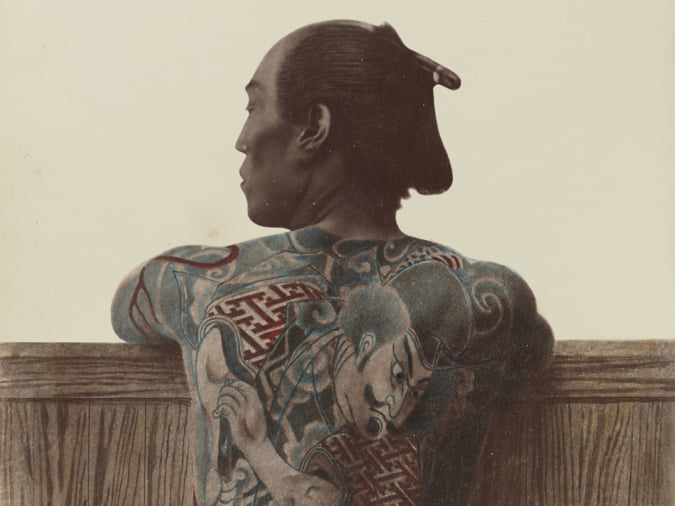‘The Factory’, Manufacturing Nothingness
In this novel, Hiroko Oyamada addresses alienation at work and its insidious consequence: a life devoid of meaning.

© Christian Bourgois éditeur
The first aspect to consider in The Factory is the setting: an enormous industrial complex with buildings surrounded by mountains, a river, and the ocean. It’s a city in a city—with a main road running through it—that is economically self-sufficient, as it houses restaurants, shops, and even a Shinto shrine within its borders. It lacks just one thing, as the author points out in the book: ‘the only thing missing is a cemetery.’
Now the protagonists. Conceived by novelist Hiroko Oyamada, there are three of them: a woman who is constantly changing jobs and is given a role in which she has to shred documents all day long; a biologist who is an expert in moss; and an employee who works in proofreading. Despite all working for the factory, none of them know what this megastructure produces. And they are not alone in this. Even though the local residents, who are the establishment’s primary source of labour, all know someone, whether a family member, neighbour, or friend who works in the factory or is one of its clients, no one really knows what goes on there.
Absurd work
In this novel, Hiroko Oyamada addresses alienation at work, when one ends up losing the essence of life in order to make a living, when everyday life is given rhythm only by a sequence of absurd tasks, the legitimacy of which is no longer questioned lest one packs it all in. The loss of meaning in the protagonists’ daily existence is accentuated by the author’s clever writing style, which muddles the reader’s points of reference by creating bridges with the past, shaking up the narration and the syntax. The space of time is diluted, and soon the fauna surrounding the factory eats away at the space more and more without anyone realising. Does the reader also end up lowering their guard, ceasing to question the meaning of their reading? The answer is found in the final pages.
Hiroko Oyamada is a Japanese novelist who was born in 1983. The Factory is her second book to have been translated into English. In 2014, she was awarded one of the most prestigious prizes in Japan, the Akutagawa Prize, for her novel Ana. Two years later, this same prize was awarded to Sayaka Murata, author of Convenience Store Woman.
The Factory (2019), a novel by Hiroko Oyamada, is published by New Directions.
TRENDING
-
The Tradition of the Black Eggs of Mount Hakone
In the volcanic valley of Owakudani, curious looking black eggs with beneficial properties are cooked in the sulphurous waters.

-
Gashadokuro, the Legend of the Starving Skeleton
This mythical creature, with a thirst for blood and revenge, has been a fearsome presence in Japanese popular culture for centuries.

-
Colour Photos of Yakuza Tattoos from the Meiji Period
19th-century photographs have captured the usually hidden tattoos that covered the bodies of the members of Japanese organised crime gangs.

-
Recipe for Ichiraku Ramen from ‘Naruto’ by Danielle Baghernejad
Taken from the popular manga with the character of the same name who loves ramen, this dish is named after the hero's favourite restaurant.

-
Yoshitomo Nara: What Lies Behind Insouciance and Appearances
Yoshitomo Nara's little girls with big eyes unsettle the viewer with the violence they exude and force them to discern the imperceptible.





